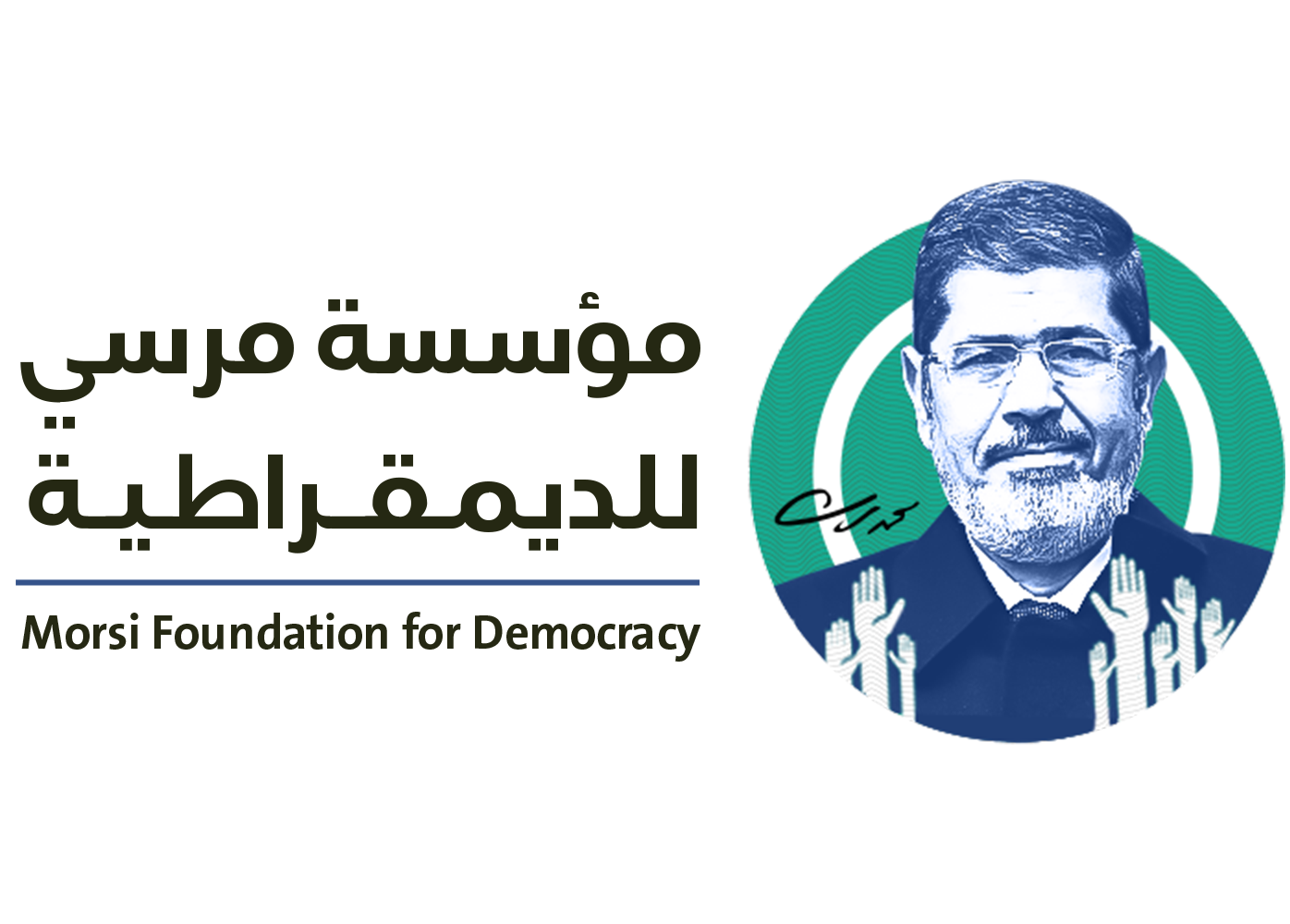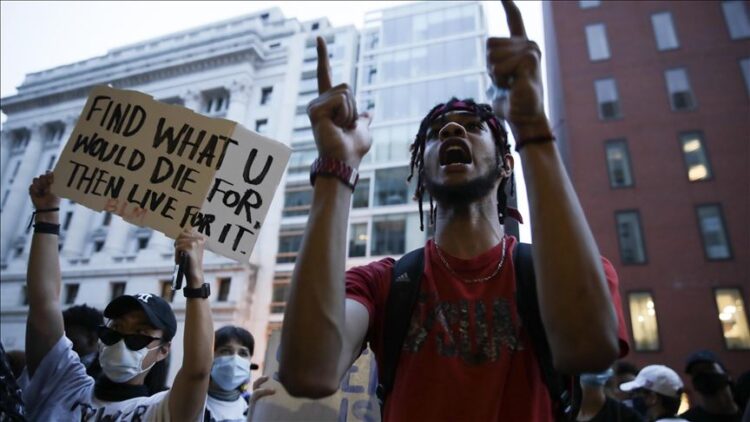Migrants staged a protest outside the office of the United Nations High Commissioner for Refugees in Tunisia this week. Many had been living rough outside the nearby UN migration office following a surge in racist attacks sparked by Kais Saied’s call last month for state resources to be used to halt the flow of migrants from other parts of Africa into the country.
In a video posted to his Facebook account on 21 February, Saied said migration was a “plot” against Tunisia’s demographic composition that would make it an “African” rather than an “Arab-Muslim” country. He claimed that unnamed parties were receiving money to settle African migrants in Tunisia.
The effect of the president’s words, which speak to prejudices that have long simmered under the surface of Tunisian society, was immediate. Overnight, Black migrants – many of whom have precarious employment or live in unregulated housing – became targets of violence at the hands of the state as well as ordinary Tunisians stressed by food shortages and a deepening economic crisis.
An estimated 21,000 Black African migrants live in the North African country, out of a population of 12 million.
International organisations that Tunisia heavily relies on, such as the African Union, the World Bank and the IMF, have expressed alarm at the president’s comments and the waves of racially motivated violence that followed.
In response to the criticism, the Tunisian government announced measures to “improve [the] conditions of foreigners”, including more relaxed visa rules for migrants from other African countries.
Migrants sleeping rough outside the UN offices have spoken of being forcibly evicted from their homes by mobs, attacked with knives and machetes, and abused in the street. Some alleged they had been raped.
Tunisia has long been under pressure from the European Union to curb migrant flow to Europe, said Valentina Zagaria, a Tunis-based migration specialist who spent two years doing fieldwork in Zarzis, a coastal town that is a common departure point for migrants crossing the Mediterranean.
“President Saied’s recent statements reinforce the message that Tunisia will remain closely aligned with Italy and the EU when it comes to migration management and border control,” said Zagaria



